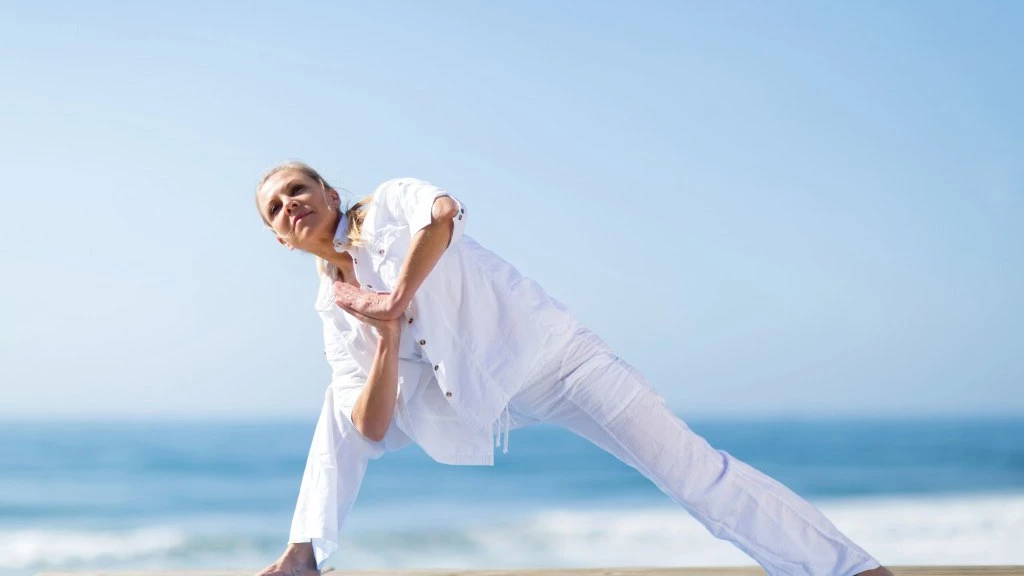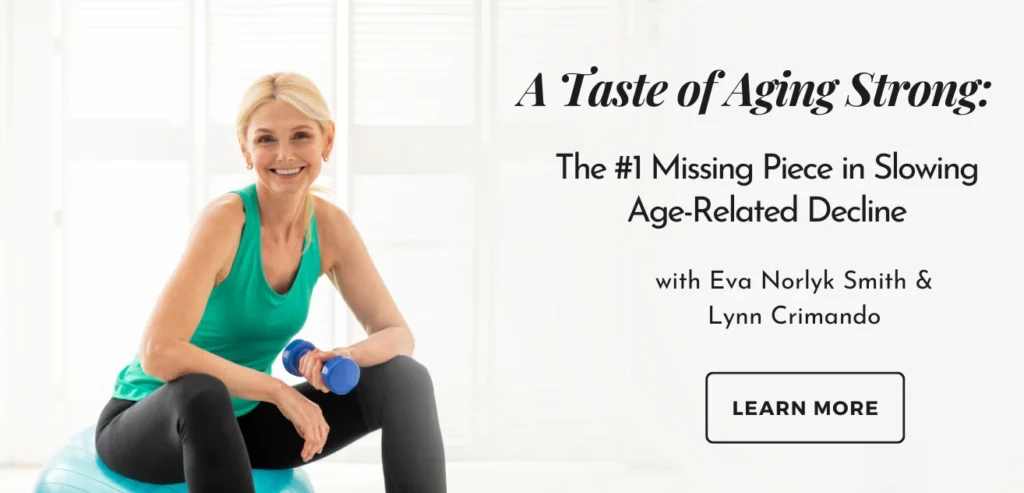Dowager’s Hump: Are You at Risk?

You’ve seen it all before: the rounded upper torso with bowed shoulders and head jutting forward. The condition, called hyperkyphosis, or dowager’s hump, affects the elderly and is a concern to geriatric medicine because it presents an increased risk of early death. It has long been ignored and overlooked because it has been assumed to be caused by small vertebral fractures resulting from osteoporosis. But new research is finding that it may have other causes outside of osteoporosis—and that the condition should be recognized as an independent geriatric syndrome.
A recent study of more than 600 women aged 67 to 93 found that not all hyperkyphosis patients had osteoporosis, and study results led researchers to the conclusion that hyperkyphosis should be viewed as an independent geriatric syndrome. Because the rounded back can be seen easily and is associated with older people and poor health, the researchers recommended that the condition be treated as a condition that impairs multiple systems of the body, arises from multiple factors, and renders a person more vulnerable to a series of health issues, including heart disease, diabetes, and premature death. Osteoporosis may be involved as well.
Like osteoporosis, the unhealthy rounded posture associated with hyperkyphosis predisposes a person to a host of health problems down the road. As we get older,a severely rounded back is a contributing factor to almost every single age-related issue. The forward head posture, which is becoming more common today, is the first sign of hyperkyphosis. When the head is held forward, it is no longer aligned with the shoulders, which causes neck and shoulder pain and headaches, and puts stress on the shoulders, which eventually begin to round also. The more rounded the back becomes, the higher the incidence of fractures to the hip, leg, shoulder, and arm, even apart from bone density considerations.
The stooped forward posture also compresses the chest and lung cavity, making it harder to breathe. Shortness of breath is linked with other health issues like anxiety, depression, cardiovascular and lung disease, and type 2 diabetes.
Treatments for Hyperkyphosis
There are currently few treatments for hyperkyphosis outside of surgery, but yoga therapy holds promise. In a trial study from 2000 to 2001, 19 women diagnosed with hyperkyphosis tried yoga to see if it could be a useful treatment for the condition. It was hypothesized that the yoga would help because of its understanding of proper spinal alignment, because it strengthens muscles required to achieve healthy alignment, and because it has been shown to improve physical andemotional functioning as well as combat someof the underlying muscular and biomechanical causes of the bowed posture.
The women’s average age was 75, and more than half reportedly had vertebral fractures. They practiced Hatha yoga, which included meditation and breathing for 1-hour sessions twice a week for 12 weeks under close supervision. They performed a series of poses that were modified to accommodate the physical constraints of kyphotic women and that targeted muscles and joints particularly affected by hyperkyphosis. The results were compiled from carefully analyzing the women’s answers to study questions in their diaries as well as the performance tests and physiological measurements taken.
Although the study sample was small, researchers were able to report enough positive results to warrant more studies of yoga as a therapy for hyperkyphosis. Performance tests like timed chair stands showed improvement, and diary entries showed increased postural awareness, improved well-being, and better physical functioning.
This pilot study suggested that the use of yoga among women with hyperkyphosis is safe and acceptable and may help to form better posture.



